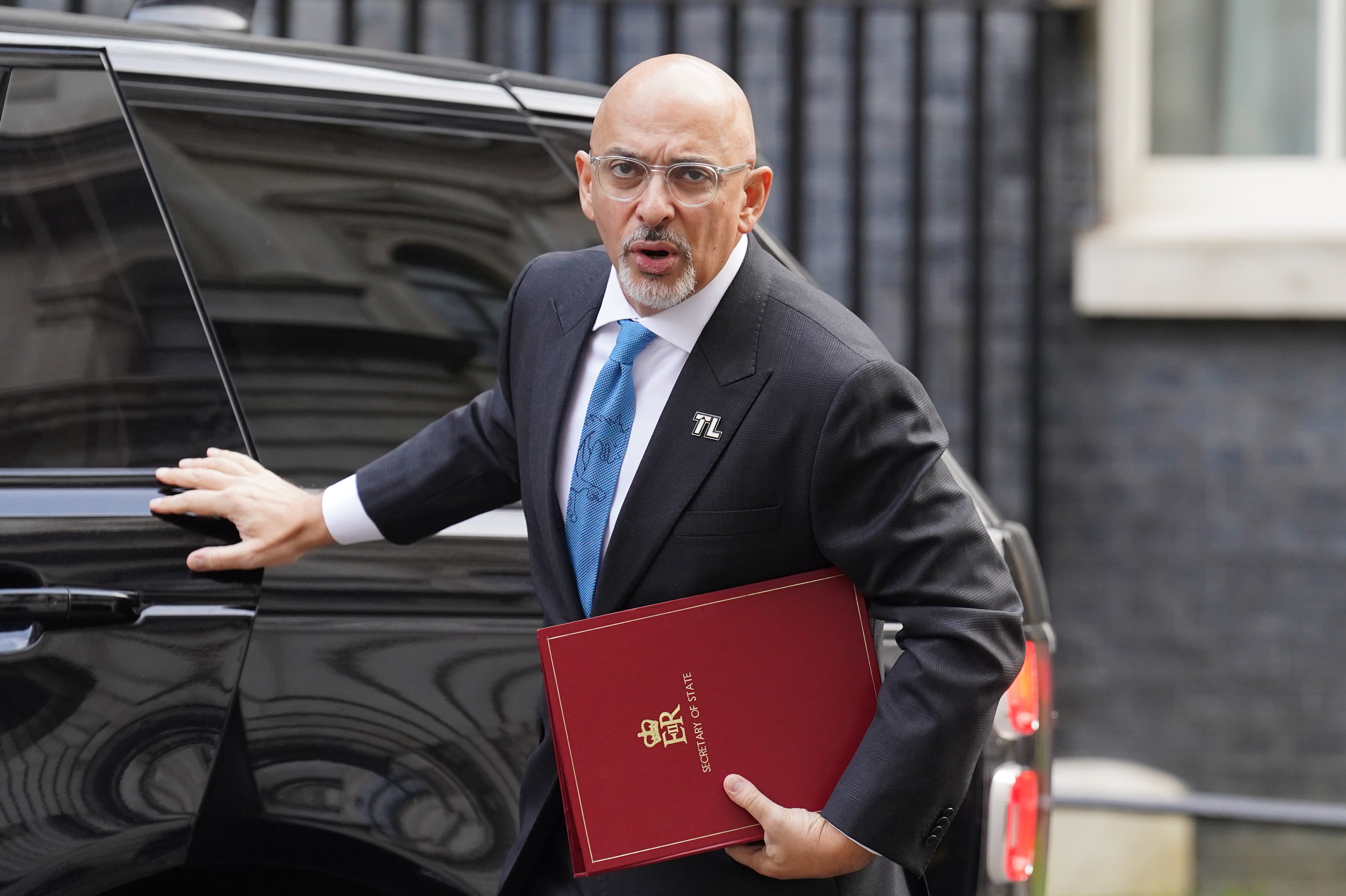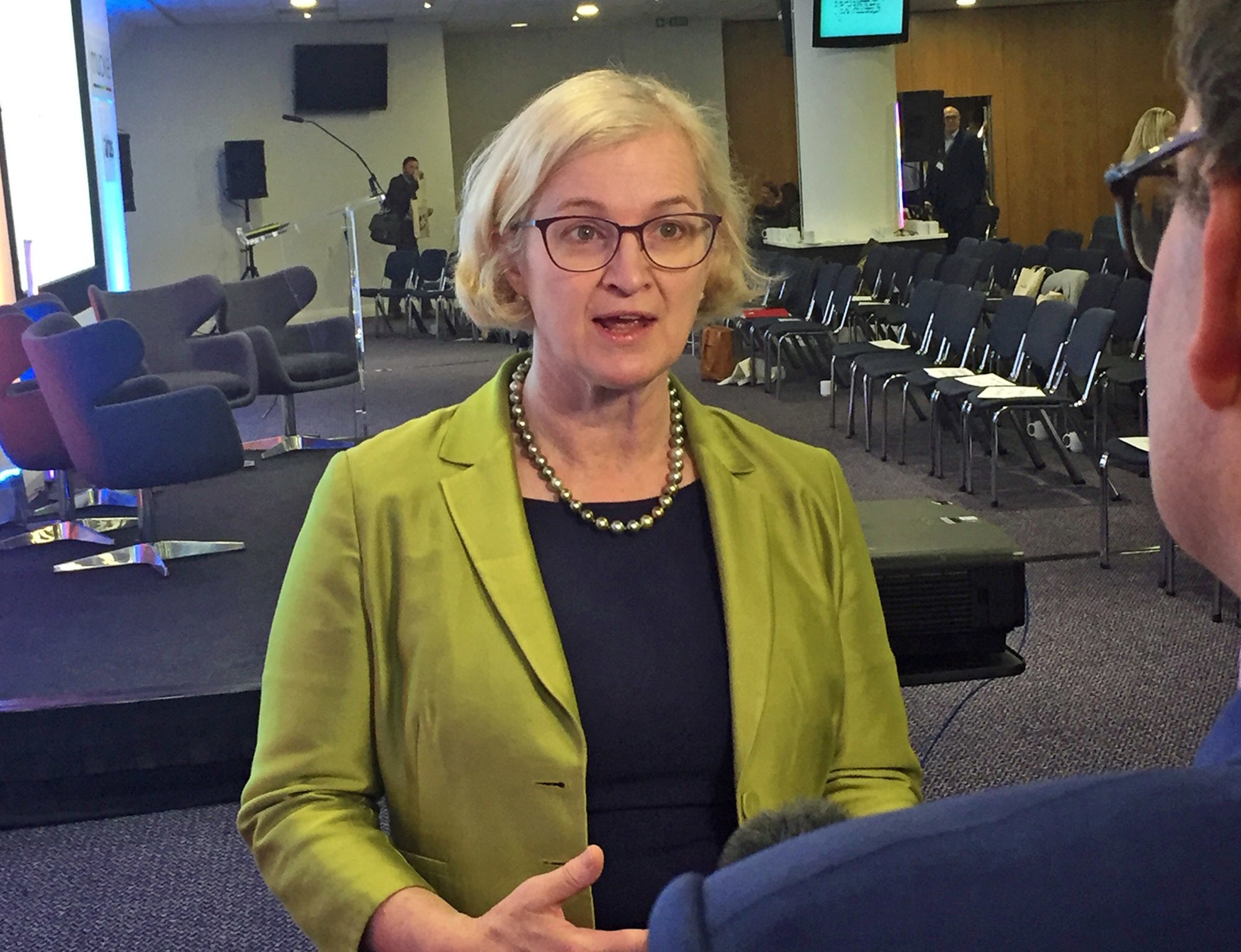
Tens of thousands of children in England are likely to be in unregistered schools and therefore growing up “ignorant” of things they need to know fit into British society as adults, an education chief has said.
Ofsted’s chief inspector Amanda Spielman was speaking after a report that the watchdog could be given new powers to enter illegal schools and close them.
Ms Spielman said such schools are often run by people from “very separate communities”, including religious ones, who view the separation as “extremely important”.

She described conditions in some “that you wouldn’t want to put a dog in, let alone a child”, telling of broken windows and wires.
Education Secretary Nadhim Zahawi is set to legislate to make it easier for inspectors to turn up to such places unannounced and gather evidence, the Sunday Times reported.
Ministers hope the powers will be in a Schools Bill as part of the Queen’s Speech, the newspaper said.
Asked how widespread unregistered schools are, Ms Spielman told Times Radio: “It’s hard to get an idea of the scale precisely because these aren’t registered schools, but we’ve visited several hundred now.
“And the likely number of children being educated in unregistered establishments is probably into tens of thousands, rather (than) still in single-digit thousands.”
Children in these schools are often growing up simply ignorant of so much that we expect all children to know to be able to fit into British society as adults
Asked if the new reported powers would “fix everything”, Ms Spielman said: “Of course they won’t fix everything, and just to put it in context, I think nobody contemplated when the legislation around schools was put in, that somebody would want to carry on running a school illegally after it had been pointed out to them that they needed to register and comply with the law.
“But that’s what’s happened and increasingly over the years we’re seeing more people doing this. There are some loopholes in the way the law is structured.”
She said currently Ofsted cannot collect evidence and inspect what appear to be unregistered schools, “unless people choose to let us do so”, and that the inspectorate has “limited powers” to ask for police assistance.
She said while unregistered schools have “existed for longer than most people realise”, it has “certainly grown in recent years” and that five schools have been prosecuted for operating illegally.

Ms Spielman said: “The wider estimates of how many children are not in school, how many children are designated as electively home-educated, has grown very significantly in recent years. It’s estimated to be something like 115,000 at the moment, and of those, a proportion are actually in illegal schools.
“There are five schools so far that have been prosecuted for running illegally, and in four of those, the children were claimed to be being educated by their parents at home, but were in fact in an illegal school. So a proportion of that number is going to be in illegal schools.”
She said such schools are often run by people from “very separate communities”.
Asked if she meant religious communities, Ms Spielman said: “Often religious, yes, for whom that separation is so important that they’re willing to sacrifice all the things that we expect as a minimum for all British children, whichever school they’re in.
“So children in these schools are often growing up simply ignorant of so much that we expect all children to know to be able to fit into British society as adults, to have enough knowledge of the world around them and to be able to make the adult choices that we all have to make about how we want to live our adult lives.”
Ms Spielman described how “overwhelmingly” unregistered schools are “of very poor quality”.
She said: “Children are often getting a really bad education there. They’re often being taught by unqualified staff who haven’t been DBS-checked, who really shouldn’t be teaching children.
“The physical conditions are often dreadful – we’ve seen things that you wouldn’t want to put a dog in, let alone a child, with broken windows, trailing electrical flexes, literally broken wires. There are a great many really, really undesirable places in this category.”







